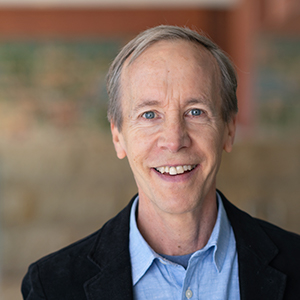Class Action - In Brief
Leaky buckets
Recent work by Minneapolis Fed economists explores the causes, consequences and potential future of economic inequality in the United States.
- Inequality has increased substantially over recent decades, but the most common explanation appears not to account fully for this trend or the evolution of U.S. labor markets.
- Moreover, the substantial increase in income inequality hasn't
led to dramatic increases in consumption inequality. Economists suggest that credit markets have evolved, allowing people to "smooth" consumption. - Theoretical models of inequality show that a liberal criterion of fairness is compatible with extreme inequality of opportunity and result, but also implies social mobility.
Class Action [Complete article]





